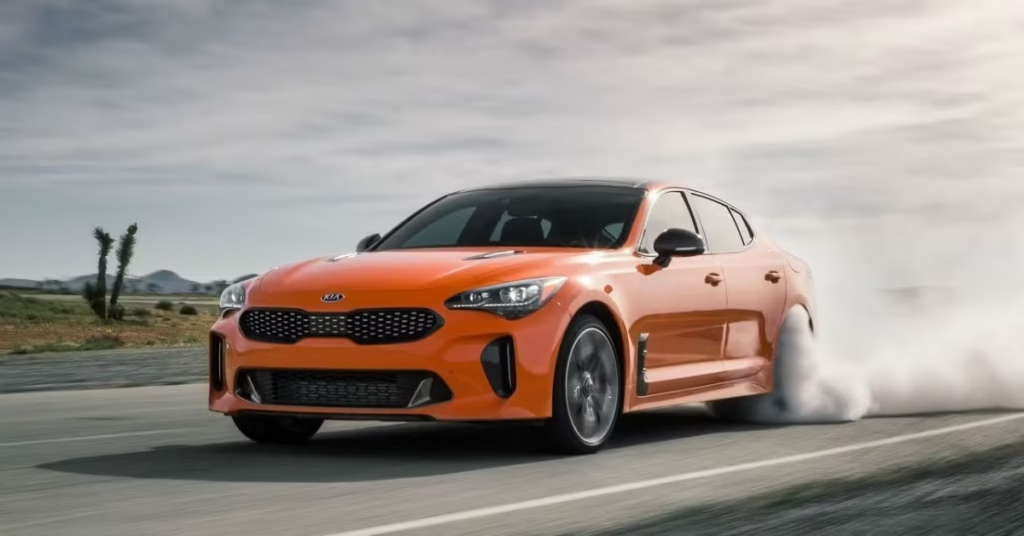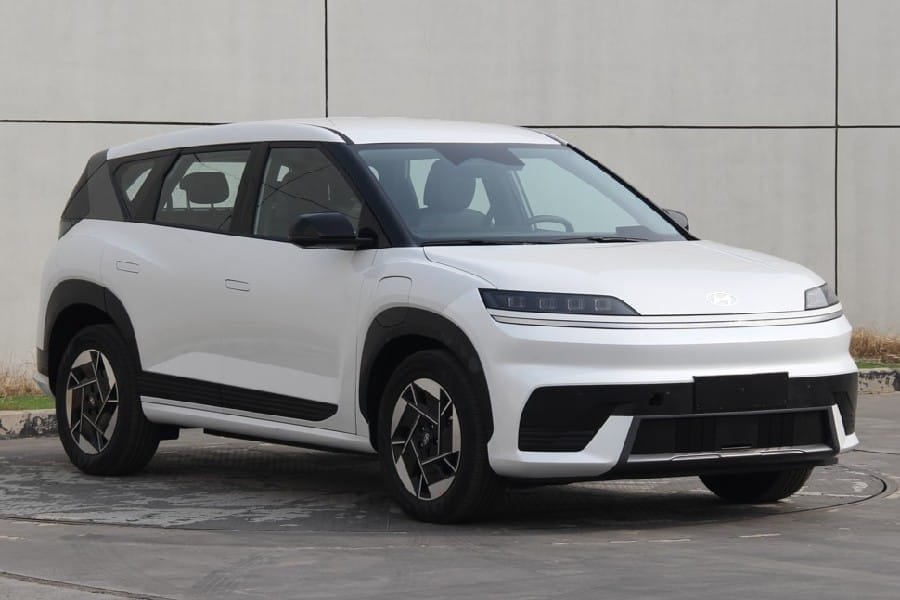
Over the last two decades, Korean Domestic Market (KDM) cars have transformed from budget-friendly commuters to serious performance contenders. Brands like Hyundai and Kia—once associated with affordable transportation—now field high-performance models that rival offerings from Japan, Germany, and the U.S.
This article compares some of the most noteworthy KDM performance cars against similarly priced and positioned international competitors. We’ll focus on metrics like 0-60 mph acceleration, handling characteristics, and the driving experience.
🔥 Hyundai Elantra N vs. Honda Civic Type R
- Hyundai Elantra N
- Engine: 2.0L turbocharged I4
- Horsepower: 276 hp
- 0-60 mph: 5.0 seconds (with launch control)
- Drivetrain: FWD
- Handling: Razor-sharp with adaptive dampers, strong front-end grip
- Honda Civic Type R
- Engine: 2.0L turbocharged I4
- Horsepower: 315 hp
- 0-60 mph: 4.9 seconds
- Drivetrain: FWD
- Handling: Benchmark-level; almost unbeatable in FWD dynamics
Verdict: The Civic Type R edges out the Elantra N in raw performance, but the Elantra N offers incredible value and an enthusiast-grade experience at a lower price. Its aggressive exhaust note and daily drivability make it a fan favorite.
🐆 Kia Stinger GT vs. BMW 440i Gran Coupe
- Kia Stinger GT
- Engine: 3.3L twin-turbo V6
- Horsepower: 368 hp
- 0-60 mph: 4.7 seconds (AWD)
- Drivetrain: RWD or AWD
- Handling: Balanced chassis, sporty yet composed
- BMW 440i Gran Coupe
- Engine: 3.0L turbocharged I6
- Horsepower: 382 hp
- 0-60 mph: 4.4 seconds (xDrive)
- Drivetrain: RWD or AWD
- Handling: More precise and agile; higher refinement
Verdict: The Stinger GT is a grand tourer with muscle, and while the BMW feels more premium and nimble, the Kia punches above its weight with its power-to-dollar ratio and sleek fastback styling.
🏁 Genesis G70 3.3T vs. Audi S4
- Genesis G70 3.3T
- Engine: 3.3L twin-turbo V6
- Horsepower: 365 hp
- 0-60 mph: 4.5 seconds (AWD)
- Drivetrain: RWD or AWD
- Handling: Tight, responsive; surprisingly sporty for a luxury sedan
- Audi S4
- Engine: 3.0L turbocharged V6
- Horsepower: 349 hp
- 0-60 mph: 4.4 seconds
- Drivetrain: AWD (quattro)
- Handling: Predictable and confidence-inspiring; excellent all-weather grip
Verdict: The G70 matches the S4 in performance but undercuts it in price. Audi offers more brand cachet and interior tech, but Genesis is gaining ground quickly, offering serious performance with luxury to match.
🧨 Hyundai Ioniq 5 N vs. Tesla Model Y Performance
- Hyundai Ioniq 5 N (2025)
- Power: 641 hp (boost mode)
- 0-60 mph: 3.25 seconds
- Drivetrain: AWD
- Handling: Track-focused EV dynamics, electronically simulated gearshifts and sounds
- Tesla Model Y Performance
- Power: ~456 hp
- 0-60 mph: 3.5 seconds
- Drivetrain: AWD
- Handling: Fast, but soft and less engaging on track
Verdict: Hyundai’s Ioniq 5 N is redefining what a performance EV can be. It’s not just about speed—it’s about character. With track-capable tuning, software trickery, and bold design, it brings fun where Tesla goes minimalist and efficient.
⚖️ Final Thoughts
Korean automakers are no longer chasing benchmarks—they’re setting them. Whether it’s Hyundai’s N division or Kia’s GT series, the KDM scene delivers thrilling performance at often thousands less than their global counterparts. Handling, refinement, and even motorsport credibility (like the Elantra N TCR) continue to improve each year.
If you’re shopping for performance and want something that’s a little different but still fiercely capable, don’t overlook Korean metal. The KDM performance wave is here—and it’s not slowing down.
